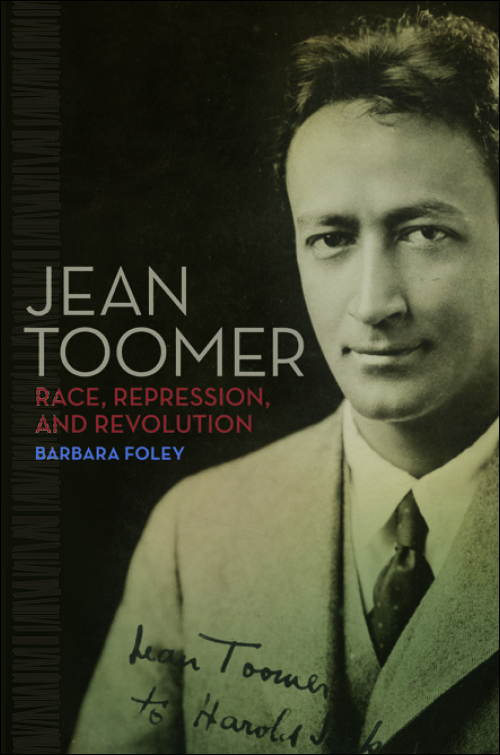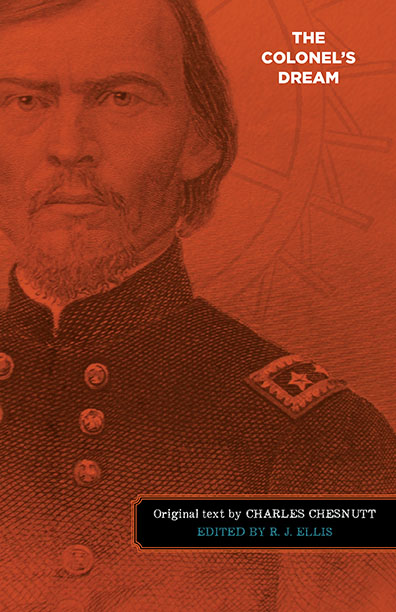Mestizo Genomics: Race Mixture, Nation, and Science in Latin America
Duke University Press
April 2014
320 pages
4 photos, 2 tables, 6 figures
Cloth ISBN: 978-0-8223-5648-6
Paperback ISBN: 978-0-8223-5659-2
Edited by:
Peter Wade, Professor of Social Anthropology
University of Manchester
Carlos López Beltrán, Researcher
Instituto de Investigaciones Filosóficas, Coyoacán, México, D.F.
Eduardo Restrepo
Universidad Javeriana, Estudios Culturales
Ricardo Ventura Santos
Fundação Oswaldo Cruz, Escola Nacional de Saúde Pública
Universidade Federal do Rio de Janeiro (UFRJ)

In genetics laboratories in Latin America, scientists have been mapping the genomes of local populations, seeking to locate the genetic basis of complex diseases and to trace population histories. As part of their work, geneticists often calculate the European, African, and Amerindian genetic ancestry of populations. Some researchers explicitly connect their findings to questions of national identity and racial and ethnic difference, bringing their research to bear on issues of politics and identity.
Based on ethnographic research in Brazil, Colombia, and Mexico, the contributors to Mestizo Genomics explore how the concepts of race, ethnicity, nation, and gender enter into and are affected by genomic research. In Latin America, national identities are often based on ideas about mestizaje (race mixture), rather than racial division. Since mestizaje is said to involve relations between European men and indigenous or African women, gender is a key factor in Latin American genomics and the analyses in this book. Also important are links between contemporary genomics and recent moves toward official multiculturalism in Brazil, Colombia, and Mexico. One of the first studies of its kind, Mestizo Genomics sheds new light on the interrelations between “race,” identity, and genomics in Latin America.
Contributors: Adriana Díaz del Castillo H., Roosbelinda Cárdenas, Vivette García Deister, Verlan Valle Gaspar Neto, Michael Kent, Carlos López Beltrán, María Fernanda Olarte Sierra, Eduardo Restrepo, Mariana Rios Sandoval, Ernesto Schwartz-Marín, Ricardo Ventura Santos, Peter Wade







